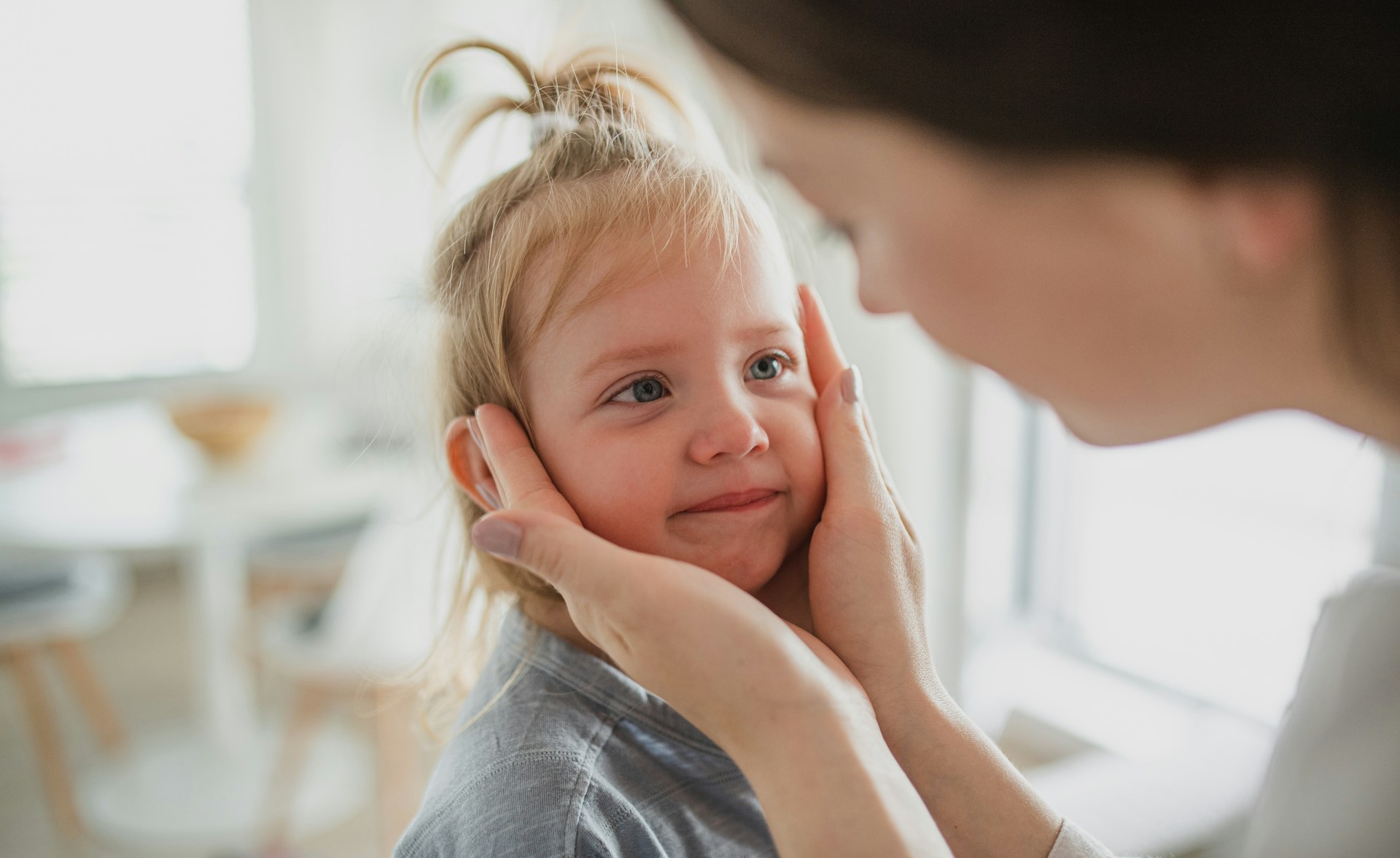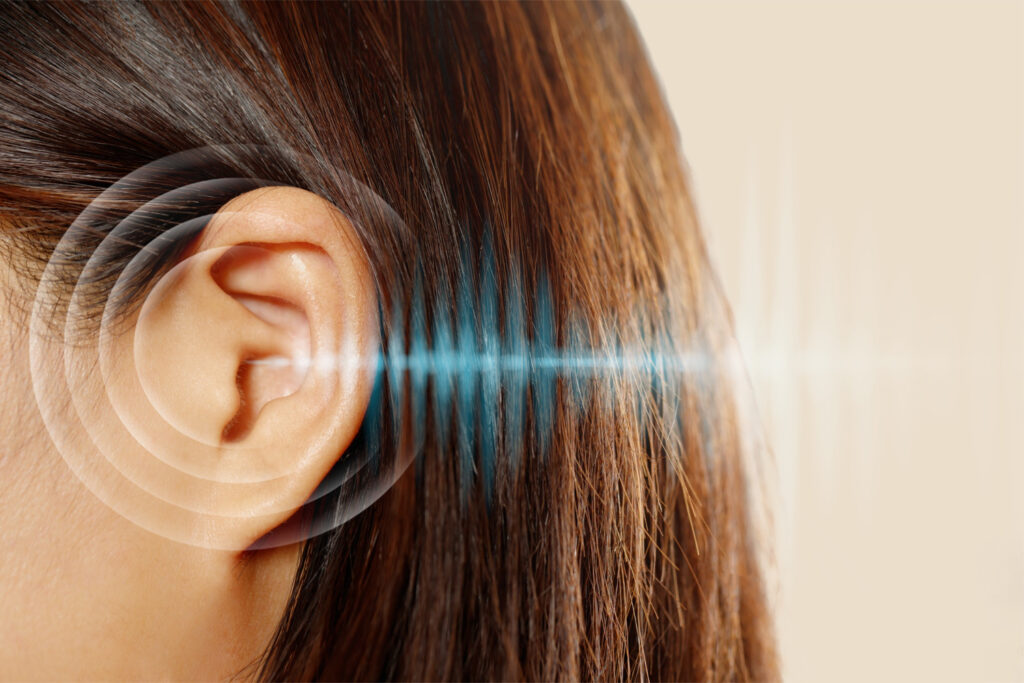Hearing is a vital sense that plays a crucial role in a child’s development. From the time they’re born, children rely on their hearing to learn about the world around them. Early detection of hearing issues can make a big difference, helping your child get the support they need as soon as possible. Scheduling a hearing test for your child at the right time can prevent potential developmental delays, ensuring they have the opportunity to develop communication skills on par with their peers.
When it comes to our kids’ health, we always aim to be proactive rather than reactive. Ensuring your child’s hearing health is no different. Understanding when to schedule their first hearing test can seem challenging, but with the right guidance, it becomes a straightforward part of maintaining your child’s overall well-being. This guide will help you recognize the signs that suggest your child might need a hearing test and provide peace of mind about your child’s hearing health.
Signs Your Child Might Need a Hearing Test
Observing your child’s behaviour can provide clues about their hearing health. Children naturally respond to sounds around them, and deviations from normal responses may suggest a test is needed. Here are some signs to watch for:
– Delayed Speech Development: If your child doesn’t babble as a baby or struggles to form words at expected ages, it might indicate a hearing concern.
– Lack of Response: Children usually react to loud noises or their name being called. A lack of response can be a sign of hearing difficulties.
– Frequent Ear Infections: While common in young children, repeated ear infections can lead to hearing problems, necessitating a hearing test.
– Volume Increasing Habits: If your child habitually turns up the TV or other devices louder than usual, it might be time for a hearing evaluation.
Recognizing these signs early ensures you take the necessary steps to address any potential problems. Parents should consider booking a hearing test if they observe these behaviours, as prompt action can significantly benefit a child’s developmental progress.
Ideal Age for the First Hearing Test
Parents often wonder when the right time is to schedule their child’s first hearing test. Experts suggest that early testing is key. Newborns typically undergo a hearing screening shortly after birth. While this screening can detect major issues, some hearing problems could develop or become apparent later.
As children grow, reaching certain developmental milestones like first words can signal their hearing is on track. However, if by around the age of three, your child hasn’t started speaking or isn’t responding as expected, it’s wise to pursue further evaluation. This age range is crucial as children prepare for more social and educational environments. Tests at this stage can ensure that any impairments are caught early, allowing for timely intervention.
Understanding the importance of these early tests will ease worries and safeguard your child’s auditory development. By identifying concerns early, parents can facilitate appropriate interventions, supporting their child’s ability to communicate and learn effectively.
What to Expect During a Children’s Hearing Test
When you take your child for a hearing test, knowing what to expect can help ease any concerns you might have. The process is generally straightforward and designed to be comfortable for young ones. A typical hearing test for children might involve several parts, each aimed at assessing different aspects of their hearing.
– Pre-Test Conversation: The hearing specialist will usually start with a discussion about your child’s medical and hearing history. They’ll ask questions about any concerns you may have noticed, such as speech delays or lack of response to sounds.
– Visual Examination: The specialist often begins with a visual inspection of your child’s ears, looking for any obvious issues like ear wax build-up or infections that might affect hearing.
– Hearing Tests: These can include a range of activities, from playing listening games to using special headphones that deliver sounds at different pitches and volumes. Some tests might involve blowing air into the ear to check how the eardrum responds.
To prepare your child, try to explain in simple words what will happen, making it clear that it’s not a scary experience. You might say something like, “We’re going to play some listening games with a special doctor who helps keep your ears healthy.” Reassuring your child that you’ll be with them and that it’s all just to help them hear better can make them feel more secure.
Frequently Asked Questions
Parents often have a variety of questions when it comes to hearing tests for their children. Here are a few common queries and simple answers to put your mind at ease:
– How long will the test take? Generally, a children’s hearing test is relatively quick, usually lasting about 30 minutes. However, depending on the child’s age and cooperation, it could be a bit longer.
– Will it hurt? Hearing tests are painless. They’re designed to be as comfortable as possible for young children, often involving games or listening exercises.
– What if my child needs a hearing aid? If testing indicates a hearing issue, the specialist will discuss the next steps with you, which may involve fitting a hearing aid suited to your child’s needs.
Getting clear answers to your questions can help remove any worries about the testing process and ensure you feel confident about the steps you’re taking for your child’s hearing health.
Making Hearing Care a Routine
Just like regular visits to the dentist or doctor, incorporating hearing check-ups into your child’s healthcare routine is vital for catching potential problems early on. Regular screenings can ensure that your child’s hearing remains in great shape as they grow.
Creating a routine involves staying observant and scheduling annual checks, especially before significant developmental milestone periods like starting school. Encourage open communication with your child about hearing and sound, and make them feel comfortable sharing any changes they notice. Establishing a routine now lays the groundwork for lifelong attention to hearing health.
Ensuring Your Child’s Hearing Health
Prioritising your child’s auditory well-being can significantly influence their ability to learn and interact with the world around them. Understanding the process, recognising the signs of potential issues, and knowing when to seek a test all contribute to a proactive approach to hearing care.
Taking the time to understand these elements can make a world of difference to your child’s future. It provides them the best chance to thrive in social and educational settings, contributing positively to their overall growth and happiness. By sticking to a regular check-up routine, you’ll be setting them on the path to lifelong healthy hearing, ensuring they don’t miss out on any of life’s wonderful sounds.
Providing a supportive environment for your child’s auditory well-being is one of the best investments you can make to aid their overall development. To get started, delve into a thorough children’s hearing test with Country Hearing Care. Our team is dedicated to ensuring your child receives top-notch care. This simple step can set the foundation for a lifetime of healthy hearing.










